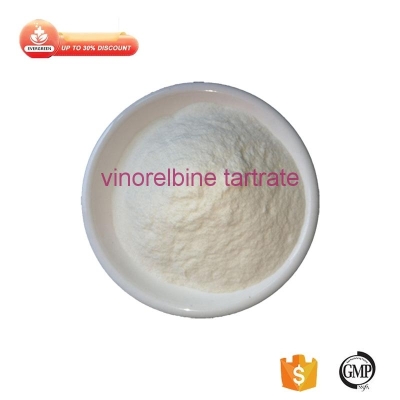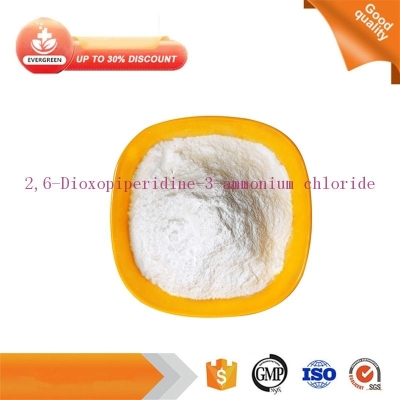-
Categories
-
Pharmaceutical Intermediates
-
Active Pharmaceutical Ingredients
-
Food Additives
- Industrial Coatings
- Agrochemicals
- Dyes and Pigments
- Surfactant
- Flavors and Fragrances
- Chemical Reagents
- Catalyst and Auxiliary
- Natural Products
- Inorganic Chemistry
-
Organic Chemistry
-
Biochemical Engineering
- Analytical Chemistry
- Cosmetic Ingredient
-
Pharmaceutical Intermediates
Promotion
ECHEMI Mall
Wholesale
Weekly Price
Exhibition
News
-
Trade Service
Cervical cancer is the most common cancer among women with cancer-related deaths
Cervical cancer Cervical cancer treatment effect is still poor The treatment effect is still poor New treatment strategy New treatment strategy
At present, the PD-1/PD-L1 immune checkpoint has become a potential therapeutic target due to its regulatory effect on the immune response of a variety of cancers including cervical cancer
PD-1/PD-L1 immune checkpoint PD-1/PD-L1 immune checkpoint PD-L1 inhibitor is considered to be an effective treatment for cervical cancer PD-L1 inhibitor is considered to be an effective treatment for cervical cancer
The proto-oncogene MYC induces cell proliferation, growth and differentiation.
Proto-oncogene MYC proto-oncogene MYC MYC is an important regulator of the expression of PD-L1 MYC is an important regulator of the expression of PD-L1 activation of STAT3 increased PD-L1 expression of STAT3 activation increased PD-L1 expression formononetin Formononetin has inhibitory ability on a variety of cancer cells.
In vivo and in vitro experiments In vivo and in vitro experimental molecular docking experimental molecular docking experimental protein/RNA expression level protein/RNA expression level histopathology, immunohistochemistry, histopathology, immunohistochemistry
The results showed that formononetin inhibits the synthesis of PD-L1 protein by reducing the expression of MYC and STA T3 protein
Thorn formononetin inhibiting PD-L1 protein by decreasing the expression of MYC and STA T3 protein synthesis thorn formononetin inhibiting PD-L1 protein by decreasing the expression of MYC and STA T3 protein synthesis by TFEB and TFE3 mediated Promotes PD-L1 protein degradation through TFEB and TFE3-mediated lysosome development, promotes PD-L1 protein degradation, promotes tumor cell apoptosis, and promotes tumor cell apoptosis
The study revealed the anti-tumor effect of formononetin, and provided a basis for further research and development of anti-cancer drugs for cervical cancer
Provide a basis for further research and development of cervical cancer anticancer drugs Provide a basis for further research and development of cervical cancer anticancer drugs
Literature source:
Literature source:Wang Jing Ying,Jiang Ming Wen,Li Ming Yue et al.
Wang Jing Ying,Jiang Ming Wen,Li Ming Yue et al.
Leave a message here







